Apr 2, 2024 12:59 PM
Saxophonist, Sonic Explorer Casey Benjamin Dies at 45
Casey Benjamin, the alto saxophonist, vocalist, keyboardist and producer who stamped his distinctive sounds on the…
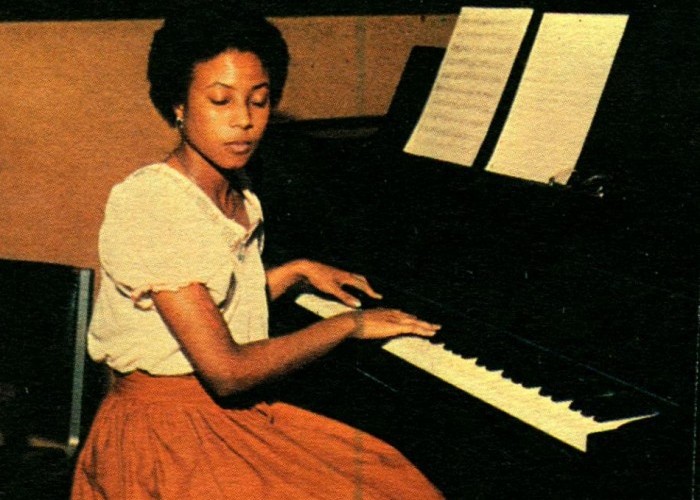
Geri Allen in 1979
(Photo: Jim Wells)A year after pianist, composer, bandleader and teacher Geri Allen died of cancer on June 27, 2017, innumerable tributes have focused on her critically acclaimed recordings; her collaborations with Ornette Coleman, Wayne Shorter, Charles Lloyd, Terri Lyne Carrington, Esperanza Spalding and Charlie Haden; and her work as an educator, which includes time at Washington, D.C.’s. Howard University, where she graduated in 1979 with a bachelor’s degree in jazz studies.
The newly released album A Tribute To Geri Allen features compositions by Coleman, Horace Silver and Bobby Hutcherson performed by the 2017 Howard University Jazz Ensemble, under the direction of the group’s founder, Fred Irby III. These new cuts sit alongside three vintage works by Allen, rare recordings issued by the band in 1977, ’78 and ’79.
“She was always trying to get better. And she did get better,” said Dr. Arthur Dawkins, director emeritus of jazz studies at Howard, who was Allen’s academic advisor and is showcased on the newly reissued archival tracks. “Her pianistic skills got stronger, she could read better. She learned about arranging: Her voicings when she wrote for the band were excellent.”
“A Communion To My Soul” is a Latin-tinged piece that features Allen in a rare setting as a vocalist and was, for a time, in rotation on several D.C. radio stations. “For Real Moments,” which later was recorded by a fellow Howard alumnus, saxophonist Greg Osby, is, as Allen wrote in the original LP liner notes, “a composition utilizing the technique of close voicings and polychords in an attempt to create a lush warm feeling of calmness.” “Give The Band A Hand” is a McCoy Tyner-ish anthemic piece with Wallace Roney on trumpet; it is dedicated to Allen’s fruitful years at the university, as well as to her Detroit mentors, trumpeter Marcus Belgrave and percussionist Roy Brooks.
But it was Irby who discovered Allen when Belgrave invited him to visit Detroit’s Cass Technical High School, which boasts some impressive alumni, including Gerald Wilson, Ron Carter and Regina Carter.
“She stood out from the other students,” Irby said. “She had a binder full of compositions, and she played a [few] of them for me. Several of her pieces had unusual compositional forms. ... It was quite unusual for an 18-year-old to have those kinds of skills. I thought she heard music differently than anybody else, and I immediately offered her a scholarship.”
The predominately black university’s jazz department, which was founded in 1968 by trumpeter Donald Byrd, was a warm, nurturing environment for Allen.
“We embraced her from day one,” Irby continued. “Everybody treated her like family. She had a great mentor, [pianist, composer and onetime Billy Eckstine sideman] John Malachi, who embraced her right away.”
At the time that Allen was studying at Howard, the jazz program included several students who would go on to have notable careers as performers, including Roney (who was married to Allen between 1995 and 2008); saxophonist Gary Thomas; pianist and piano manufacturer Warren Shadd; keyboardist Kevin Toney, of The Blackbyrds; and bassists Carroll Dashiell and Clarence Seay, the latter now a co-owner of B-Sharps Jazz Café in Tallahassee, Florida.
“She always had a great imagination, chord voicings, timing,” Seay said. “She had a great left hand and she had a lot of freedom in her playing.”
After Allen earned her bachelor’s in 1979, she faced a major decision. Art Blakey had asked her to join the Jazz Messengers, but she was considering the pursuit of an advanced degree. As Allen said in Gene Seymour’s profile in the Spring 1997 edition of Howard Magazine, “If I said yes, and gone off with Art, it could have changed my life completely. A lot of things I’ve had to fight through in my career wouldn’t have been as hard if only ... . But I’m also glad I went to school.”
Allen earned a master’s degree in ethnomusicology at the University of Pittsburgh. She then taught at The New Conservatory of Music, The New School and The University of Michigan, before returning to Pittsburgh as a tenured associate professor and director of jazz studies in 2014.
But for Allen, Howard University remained an important capstone for her enduring artistry, as evidenced by the innumerable times she visited the school for seminars and workshops, in addition to serving as a visiting faculty member.
“I’m eternally grateful to Howard and its impact on me,” Allen said in the alumni magazine story. “I’m never going to stay away from Howard. Not at all. I owe it too much.” DB
To order a copy of A Tribute To Geri Allen, contact firby@howard.edu.
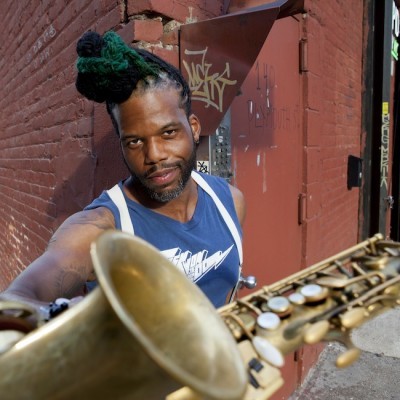
Benjamin possessed a fluid, round sound on the alto saxophone, and he was often most recognizable by the layers of electronic effects that he put onto the instrument.
Apr 2, 2024 12:59 PM
Casey Benjamin, the alto saxophonist, vocalist, keyboardist and producer who stamped his distinctive sounds on the…
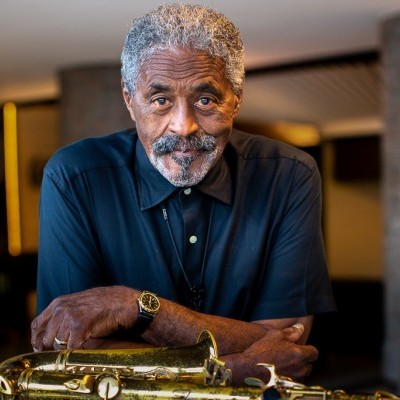
“He’s constructing intelligent musical sentences that connect seamlessly, which is the most important part of linear playing,” Charles McPherson said of alto saxophonist Sonny Red.
Feb 27, 2024 1:40 PM
“I might not have felt this way 30 to 40 years ago, but I’ve reached a point where I can hear value in what people…
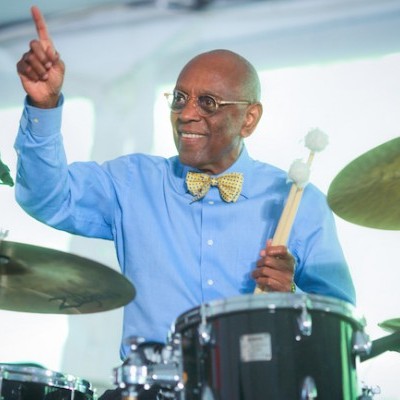
Albert “Tootie” Heath (1935–2024) followed in the tradition of drummer Kenny Clarke, his idol.
Apr 5, 2024 10:28 AM
Albert “Tootie” Heath, a drummer of impeccable taste and time who was the youngest of three jazz-legend brothers…
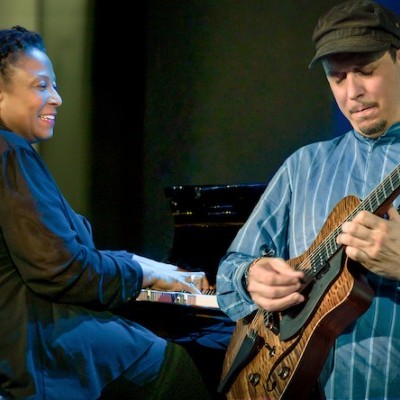
“Both of us are quite grounded in the craft, the tradition and the harmonic sense,” Rosenwinkel said of his experience playing with Allen. “Yet I felt we shared something mystical as well.”
Mar 12, 2024 11:42 AM
“There are a few musicians you hear where, as somebody once said, the molecules in the room change. Geri was one of…
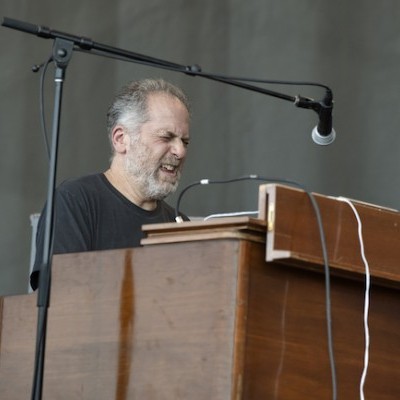
Larry Goldings’ versatility keeps him in high demand as a leader, collaborator and sideman.
Feb 21, 2024 10:45 AM
Are you having any fun? Larry Goldings certainly is. Consider just two recent examples:
Scene 1: “If anyone had…